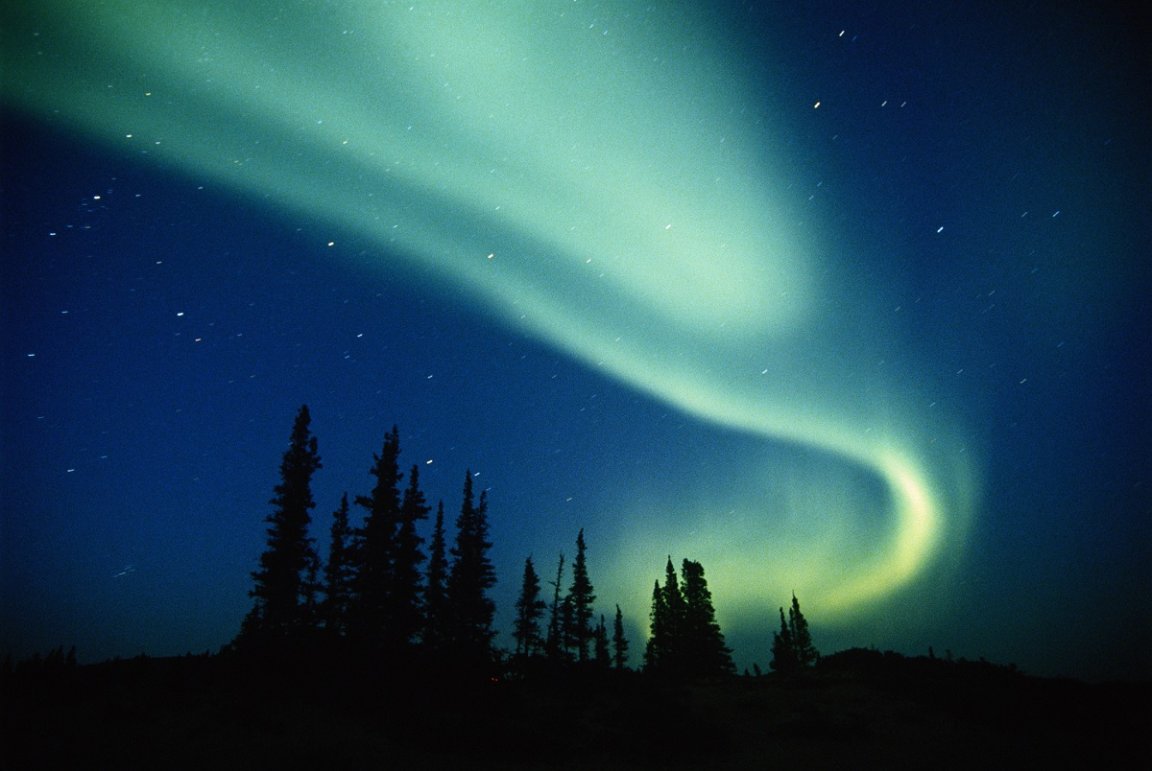
Northern Lights
If you live in the Northern part of the United States and catch a glimpse of the aurora borealis tonight, you’ll have a “cannibal” solar explosion to thank.
As Live Science reports, a “cannibal” coronal mass ejection (CME) — a cloud-like release of magnetic plasma particles from the Sun’s corona so huge that it eats smaller clouds to create a gigantic mega-blast — is the cause of both a massive geomagnetic storm that could affect low-frequency radio waves and, dazzlingly, northern lights that will be visible as far south as Pennsylvania, Iowa, and Oregon.
While the northern lights are generally only seen in the highest reachers of the Northern Hemisphere like Alaska, Iceland, and Scandinavia, massive solar events like the approaching cannibal CME can make the aurora borealis visible much further south than usual.
Cannibal Lecture
This self-eating solar explosion is, as Space.com puts it, the result of a whopping 17 solar eruptions that came from a single “overactive” sunspot. These eruptions started on March 28 and have since been hailed a category G3 geomagnetic storm, meaning it’s quite strong.
These solar winds are currently hurdling towards our planet at nearly two million miles per hour, but we don’t need to worry too much about it. As Live Science notes, our planet’s magnetic field generally absorbs these kinds of solar emissions with little more than the slight compression and subsequent rippling magnetic energy lines that make up the gorgeous aurora borealis light show.
That said, there is still a risk to lower-frequency radio and satellite technology, and as SpaceWeather.com notes, the shortwave radio blackout over the Americas seems to already have happened, affecting “aviators, mariners, and ham radio operators.”
Just last month, a geomagnetic storm much milder than the one currently approaching the Earth knocked out 40 of SpaceX’s Starlink internet satellites that had just been launched, though it’s unclear if this cannibal sun storm will have similar effects this time around.
Even as it poses risks to satellite and radio tech, solar events like this aren’t all that common and worth witnessing — so if you live somewhere in the Northern US where you can get a clear view of the night sky, definitely try to check this one out.
READ MORE: ‘Cannibal’ coronal mass ejection will hit Earth at nearly 2 million mph, scientists say [Live Science]
More on sun stuff: NASA Is Investigating a Bizarre Explosion on the Sun